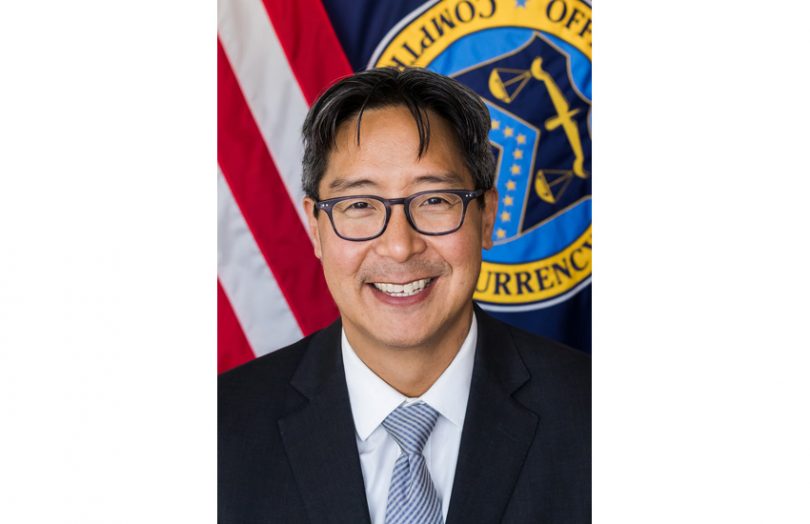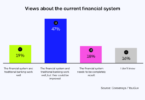During a speech yesterday, Michael Hsu, Acting Comptroller of the Currency, compared the FTX cryptocurrency exchange’s collapse to the BCCI Bank failure in 1991. BCCI’s demise triggered changes in banking regulations, not least the need for a bank’s home regulator to have visibility over its entire operations.
BCCI was known for its global reach, with operations in 72 countries.
Comparing FTX and BCCI, Hsu observed, “Both lacked a lead or ‘home’ regulator with authority and responsibility for developing a consolidated and holistic view of the firms. Both operated across jurisdictions where there was no established framework for regulators to share information on the firms’ operations and risk controls. Both used multiple auditors to ensure that no one could have a holistic view of their firms.”
In response to the BCCI failure, the US introduced the Foreign Bank
Supervision Enhancement Act, which requires any foreign bank with operations in the United States to have a home country regulator with consolidated supervision.
Hsu noted the work of several international standards bodies regarding cryptocurrency, including the Financial Stability Board, International Monetary Fund (IMF), and CPMI/IOSCO. And he hopes they will subject crypto firms to consolidated supervision, not just compliance with standards.
He observed that no crypto platform is currently subject to consolidated supervision. His statement, “Not one,” must include Coinbase.
The Comptroller acknowledged the analogy between BCCI and FTX is not perfect. The BCCI liquidation trundled on for 22 years, including the UK’s most expensive lawsuit when the liquidators spent 12 years suing the Bank of England.
Given that January’s FTX bill for advisers was $38 million, FTX creditors have to hope for a speedier conclusion.






